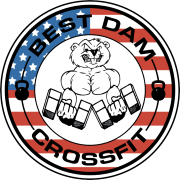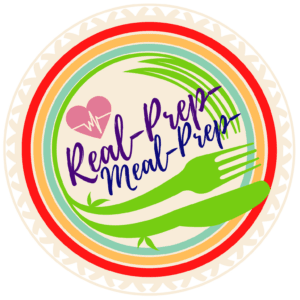Good nutrition plays a critical role in supporting the performance, recovery, and overall well-being of Crossfit athletes. Crossfitters have unique dietary needs due to their higher energy expenditure, increased muscle development, and specific training demands. Here are some ways in which good nutrition can help:
- Energy and Performance: Athletes require more energy (calories) to fuel their workouts and competitions. Carbohydrates are the primary source of energy for high-intensity activities. Consuming an adequate amount of carbs helps maintain glycogen stores in muscles and liver, providing readily available energy for optimal performance.
- Muscle Growth and Repair: Protein is essential for muscle growth, repair, and maintenance. Athletes need sufficient protein intake to support muscle development and recovery, especially after intense training sessions. Adequate protein intake also helps reduce the risk of muscle breakdown during prolonged exercise.
- Recovery: Proper nutrition aids in the recovery process after workouts or competitions. Consuming a combination of carbohydrates and protein within the post-exercise window helps replenish glycogen stores, repair muscle tissue, and enhance recovery.
- Hydration: Staying well-hydrated is crucial for athletes to maintain optimal performance. Dehydration can impair physical and cognitive function, as well as increase the risk of heat-related illnesses. Proper fluid intake before, during, and after exercise helps maintain hydration status.
- Nutrient Timing: Eating the right nutrients at specific times can enhance performance and recovery. Consuming carbohydrates before exercise provides a readily available energy source, while protein intake after exercise supports muscle repair and growth.
- Micronutrient Support: Athletes need an adequate intake of vitamins and minerals to support various physiological functions, including energy production, immune function, and bone health. Deficiencies in certain micronutrients can negatively impact performance and overall health.
- Body Composition: Proper nutrition can help athletes achieve and maintain an optimal body composition, which is essential for performance in weight-dependent sports. Balancing energy intake and expenditure helps manage body fat and lean muscle mass.
- Immune Function: Intense training and competition can temporarily suppress the immune system. A well-balanced diet rich in vitamins, minerals, and antioxidants supports immune function and helps reduce the risk of infections.
- Injury Prevention: Nutrient-dense foods provide the building blocks for strong bones, tendons, and ligaments, reducing the risk of injuries. Adequate calcium, vitamin D, and other minerals contribute to bone health.
- Mental Focus and Cognitive Function: Proper nutrition supports cognitive function and mental focus, which are crucial for making split-second decisions during competition and maintaining motivation throughout training.
- Reduced Fatigue: Nutrient-rich foods provide sustained energy, reducing the likelihood of fatigue during prolonged activities and enhancing overall endurance.
Good nutrition for athletes involves consuming a balanced diet that provides the necessary energy, macronutrients (carbohydrates, protein, and fats), micronutrients (vitamins and minerals), and fluids to support optimal performance, recovery, and overall health.
If you need help with your nutrition plan, Sara Ramthun with RealPrepMealPrep.net is happy to help! Reach out to her at 702-919-2020 and check out her macro-balanced meal options on her website!

